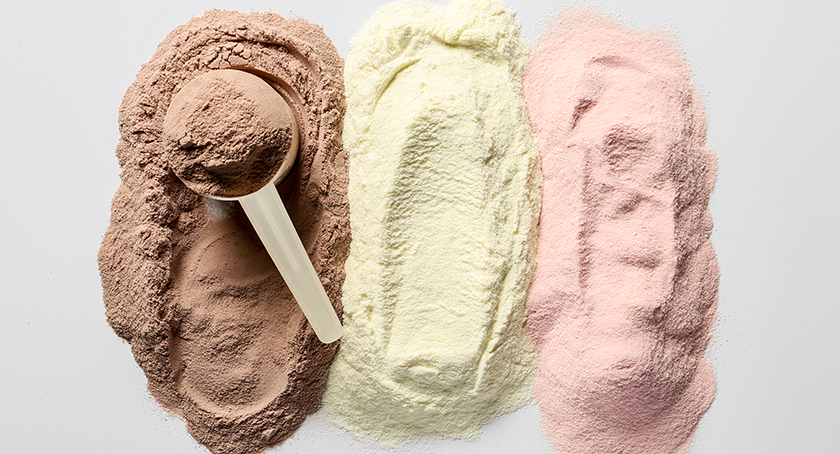Market Updates
Botanical Program Issues Bulletin on Oregano Adulteration
Experts review known adulterants, summarize analytical approaches, and provide information on the nomenclature, supply chain, and market importance.

By: Sean Moloughney

The ABC-AHP-NCNPR Botanical Adulterants Prevention Program (BAPP) has summarized data on the adulteration of oregano (Origanum vulgare subsp. hirtum; O. onites) and oregano essential oil in a new bulletin.
Oregano is one of the most popular herbs for culinary use especially in countries of the Arabian Peninsula, Europe, North Africa, and North America. Powdered oregano herb, herb extracts, and oregano essential oil are also popular as dietary supplement ingredients, which in the U.S. are primarily sold in natural retail stores, where oregano dietary supplements were the 10th top-selling dietary supplement with annual retail sales totaling roughly $10 million in 2017, according to the 2018 Herb Market Report published in the American Botanical Council’s (ABC’s) peer-reviewed journal HerbalGram. Besides its use in dietary supplements, oregano essential oil is included as an ingredient in formulations of the perfume and cosmetic industry.
A large number of plant species have the term “oregano” as part of their common name and therefore can be mistakenly sold instead of oregano. Some of these species are legally allowed to be used interchangeably, depending on their sale as a spice, dietary supplement, or cosmetic ingredient, while others are considered to be adulterants. Also problematic is the substitution of oregano herb with undeclared lower-cost plant materials to add volume (bulking agents), including the following plants: Cistus spp. leaf, hazelnut (Corylus avellana) leaf, strawberry (Fragaria spp.) leaf, myrtle (Myrtus communis) leaf, olive (Olea europaea) leaf, sweet marjoram (Origanum majorana) herb, sumac (Rhusspp.) leaf, summer savory (Satureja hortensis) herb, winter savory (Satureja montana) herb, and thyme (Thymus spp.) herb. Such inappropriate substitution and mislabeling appears to be fairly common according to a number of articles published over the last decade, many of which are referenced in the new bulletin.
Oregano oil is made from the distillation of the naturally occurring essential oil in oregano leaves and other aerial parts of the plant. Information on oregano essential oil adulteration is scarcer than evidence of adulteration of the herb itself. However, there are published reports of admixture of other, lower-cost essential oils with oregano oil, as well as the addition of the pure compounds carvacrol, thymol, or limonene (naturally occurring characteristic chemical compounds found in true oregano essential oil which are sometimes made by chemical synthesis).
The new bulletin, written by Ezra Bejar, PhD, an expert in botanical research in San Diego, CA, lists the known adulterants, summarizes current analytical approaches to detect adulterants, and provides information on the nomenclature, supply chain, and market importance of oregano. It also discusses safety aspects of the known adulterants. The BAPB was reviewed by 19 experts from the nonprofit research sector, contract analytical laboratories, and the herb industry.
Stefan Gafner, PhD, chief science officer of ABC and the technical director of BAPP, commented: “In the past, researchers have mainly investigated the authenticity of oregano as a spice, where the addition of undeclared other plant materials appears to be quite widespread. It is not clear if these fraudulent practices are also occurring in the dietary supplement supply chain which is dominated by extracts and essential oil products. If so, we hope that the oregano bulletin will provide companies in the oregano trade with helpful information to enable the detection of adulterated raw materials.”
The oregano bulletin is the 19th publication in the series of BAPBs and the 54th peer-reviewed publication published by BAPP. As with all publications in the program, the BAPBs are freely accessible to all ABC members, registered users of the ABC website, and all members of the public on the program’s website (registration required).


